Report: "Jazzed and spooked." Sam Altman and OpenAI will meet with the U.S. government to discuss "PhD-level" super AI that can conquer even the most complex human tasks.
AI is now even coming for scientists' jobs according to this latest report, with PhD-grade AI agents reportedly set for an imminent unveiling.

AI is coming for everybody's jobs, including scientists and doctors, according to this latest report.
Sam Altman and other prominent AI figures have been talking up agentic AI over the past few months. Fears swirl that an imminently emerging so-called super artificial intelligence could arrive to wreak havoc on labor markets in the next few years, or even months if you want to believe the biggest hype-men. Perhaps the biggest fear is that governments and society in general aren't yet ready to deal with the potential fallout.
A new report from Axios suggests that the above eventual (inevitable?) reality may be closer than some think.
Coming in hot on the heels of people like Mark Zuckerberg of Meta and Salesforce' CEO describing plans to reduce hiring to replace staffers with AI, Axios suggests that OpenAI has made some significant breakthroughs with its agentic AI program. Agentic AI refers to specialized, rather than generalized AI agents designed for very specific bespoke tasks. Due to hallucinations and errors, this has been problematic for anything other than low-stakes work thus far, but that could be about to change.
The report says that Sam Altman, CEO of OpenAI, is set to unveil "PhD-level" artificial intelligence agents in a closed session with the United States government on January 30, 2025. If artificial intelligence protocols become smart and creative enough to iterate upon their own work — as you'd hope a human with a doctorate would be capable of — they could be placed in far more responsible and critical roles than they are currently.
The outlet's sources suggest that staff are "jazzed and spooked" by the recent advancements in private conversations with friends, relayed to Axios journalists. The report doesn't elaborate further on exactly what is being achieved, but it probably won't be long until OpenAI unveils it to the world either way.
Microsoft is in the race to mainstream agentic super AI
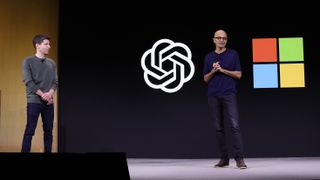
It's sometimes hard to separate the hype from facts when it comes to reports on OpenAI, but presuming the above is true, we could be on the edge of quite large strokes of social upheaval across the next few years.
Get the Windows Central Newsletter
All the latest news, reviews, and guides for Windows and Xbox diehards.
Microsoft and other firms are racing towards mainstreaming super agentic artificial intelligence with a view that these AIs could replace very expensive, and oft-time consuming tasks that as of right now, often require teams of humans to overcome. Microsoft Azure already offers businesses agentic AI, but they are fairly limited in capability with today's models, relegated to customer support replacement and things like that. Frankly, today's AI has been generally awful at a lot of the tasks they've been baked into.
For example, today, Microsoft Copilot baked into Microsoft Excel can offer tips on how to improve your spreadsheet. In the future, you should be able to simply prompt Copilot to build you a very functional spreadsheet for any type of complex task. Extrapolate that further towards building entire software suites tailored exactly for you, perhaps even changing the Windows shell, or even Xbox games on the fly. The ability to ask Copilot to do something like, "generate me a Minecraft map that operates like a terrifying survival horror game," for example, is a reality that isn't too far off. Our own sources suggest that Microsoft is exploring how large language models can be used to replace the 3D graphics pipeline in their entirety. For example, the AI would "imagine" a game like Skyrim onto your screen, reacting to your controls, saving you from having to install the game. It could eliminate latency issues prevalent with today's iterations of cloud gaming, or at least hand off some of the video encoding to local NPU compute to produce a more "native" feel.
In any case, elected officials are notorious for their tech illiteracy, and lack the efficacy and knowledge to properly navigate the social upheaval that will likely arrive as a result of this kind of technology. There's mountains of money to be made for any shareholder (government insiders or not...) that invest in the right companies within this race, but there's potential catastrophe on the other side if social contingencies aren't put into play. The technological breakthroughs could be fast paced and lead us to a utopia, but the potential for AI to undermine the vulnerable is also palpable. Our current global economic system currently operates on the idea of human work, and human intervention. What happens when there is no work? Maybe we'll find out soon.
No AI was used in the writing of this article, by the way.

Jez Corden is the Executive Editor at Windows Central, focusing primarily on all things Xbox and gaming. Jez is known for breaking exclusive news and analysis as relates to the Microsoft ecosystem while being powered by tea. Follow on Twitter (X) and Threads, and listen to his XB2 Podcast, all about, you guessed it, Xbox!
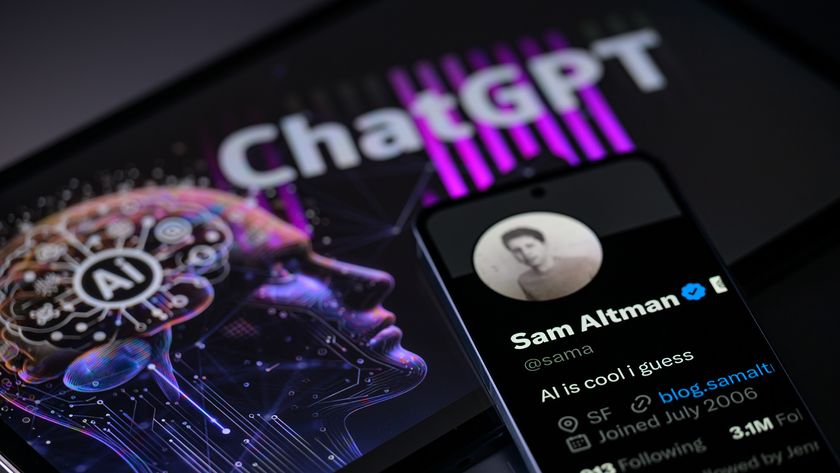


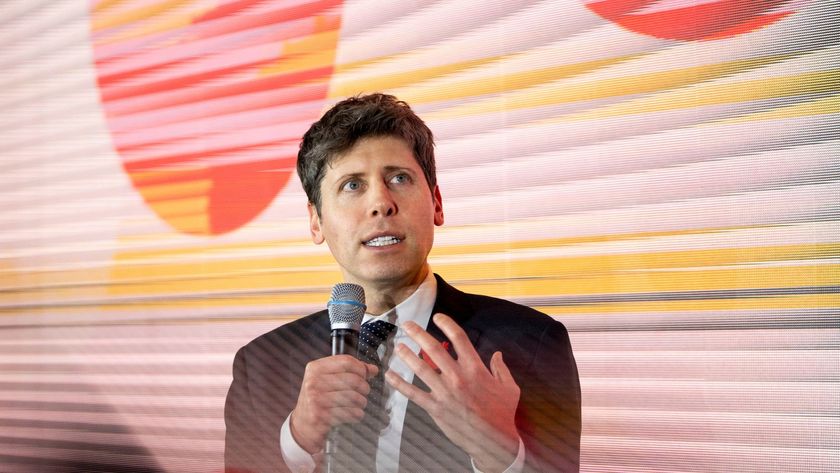
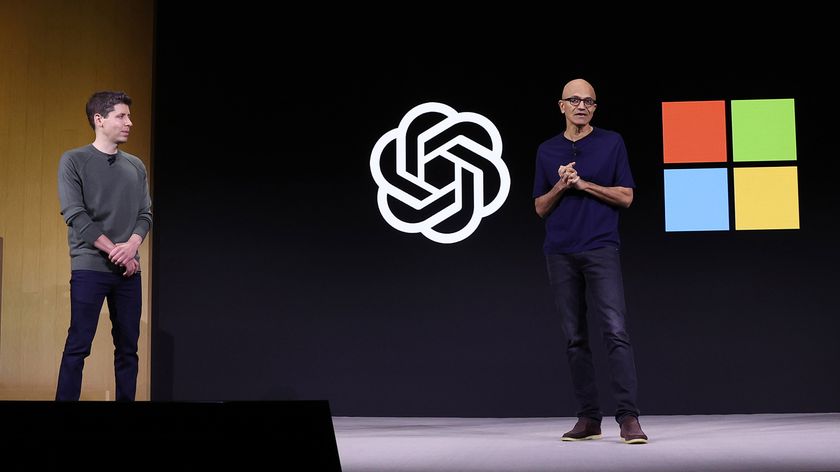
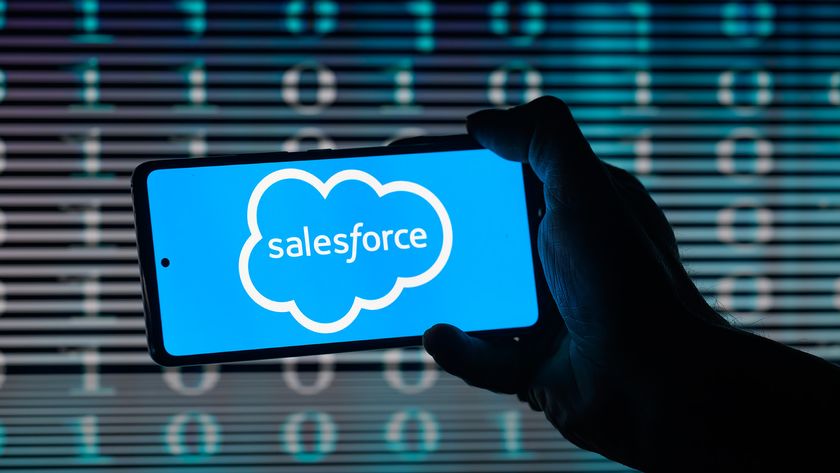

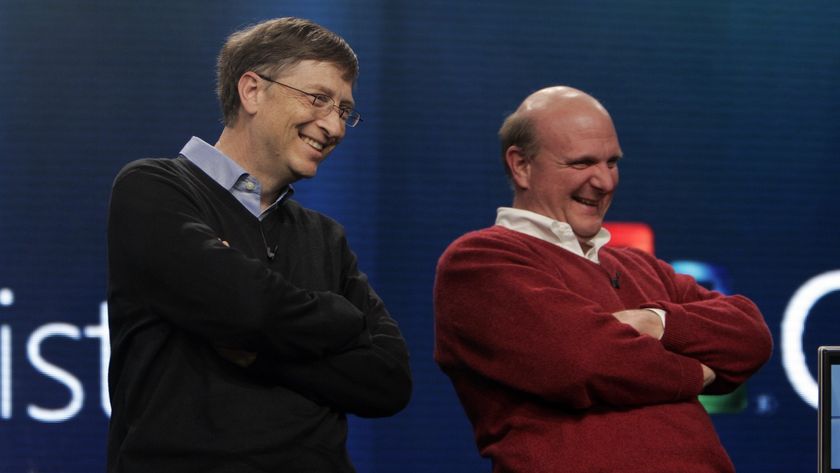
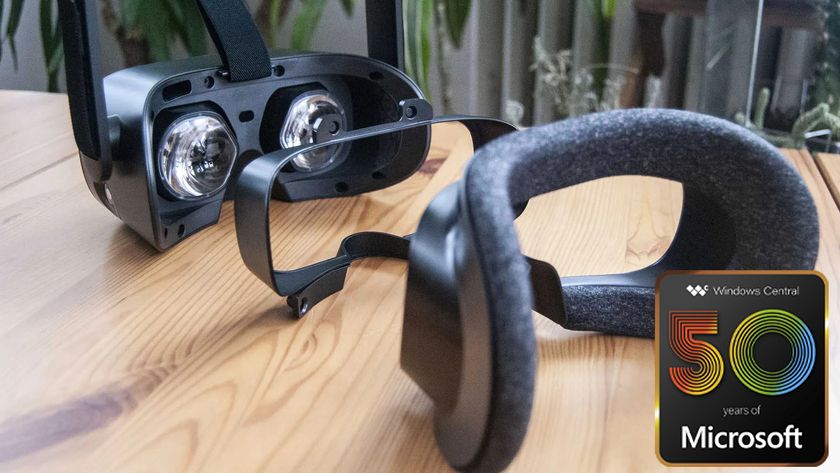
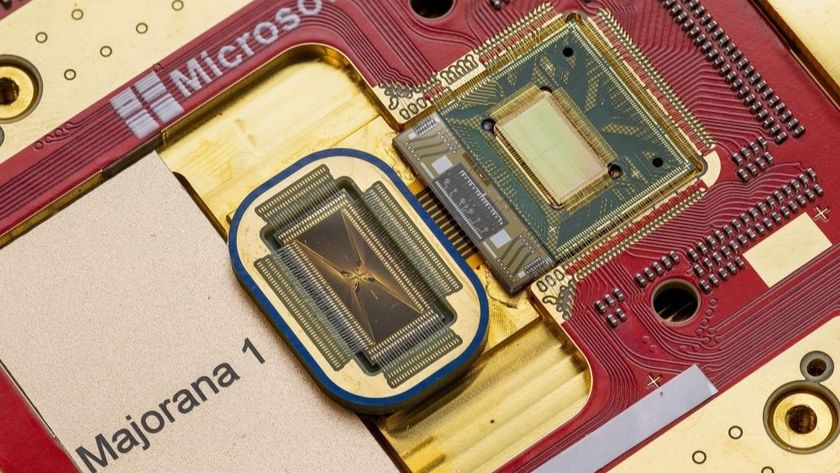


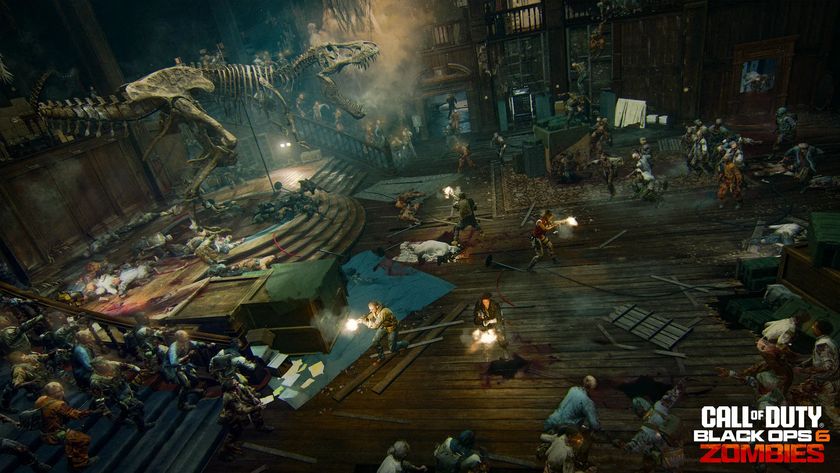
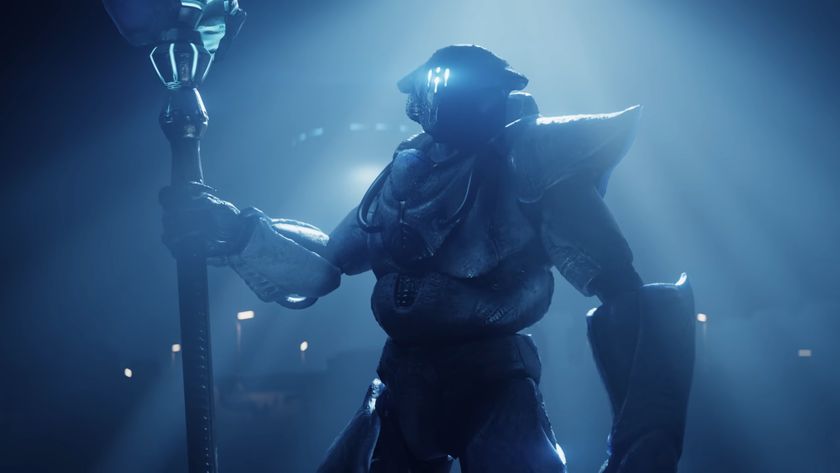
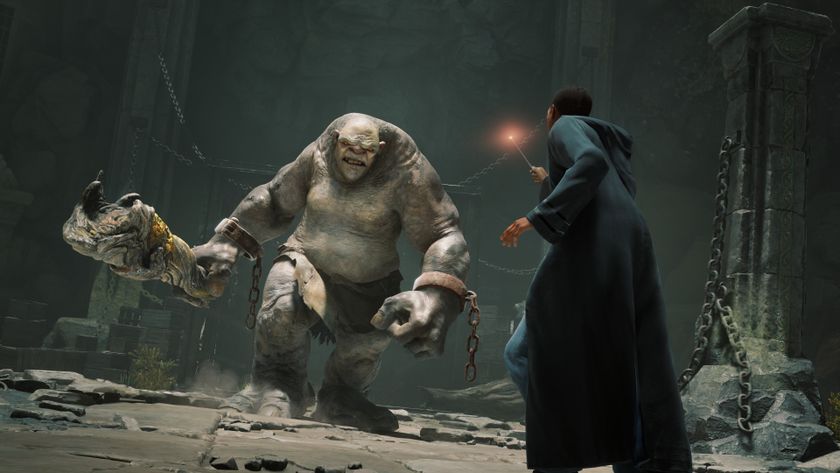
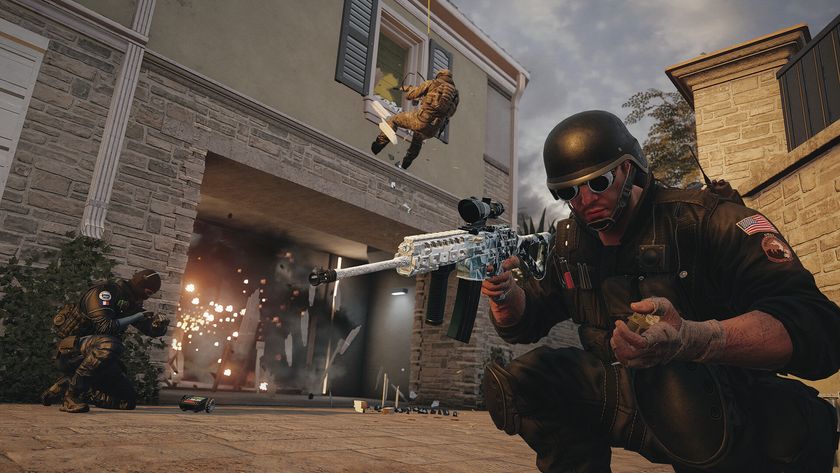


-
Jcmg62 "We're spooked by this latest AI advancement, but not spooked enough to actually stop and think for a moment."Reply
Makes you wonder what catastrophic event will need to happen before they try to hit the brakes, which will, of course, be too late. -
fjtorres5591 Reply
Go bankrupt.Jcmg62 said:"We're spooked by this latest AI advancement, but not spooked enough to actually stop and think for a moment."
Makes you wonder what catastrophic event will need to happen before they try to hit the brakes, which will, of course, be too late.
Remember they're playing with other people's money. -
naddy69 So called "AI" is barely at 1st grade level now. Has a long way to go to get to PhD level.Reply
But hey, absurd statements like this keep the money coming in. :rolleyes: -
fjtorres5591 The hype and posturing obscures the fact that the tech is extremely useful as it stands today and improving fast. And that GPT isn't the only significant source, even at Microsoft. Their Orka models, for example, can do algebra. Not PhD level but high school level is significant.Reply
The really important work is quietly going on in the background, away from.the hype from evangelists and angst from pearl clutchers. Not necessarily a bad thing, though. Gives them time to do the job right.